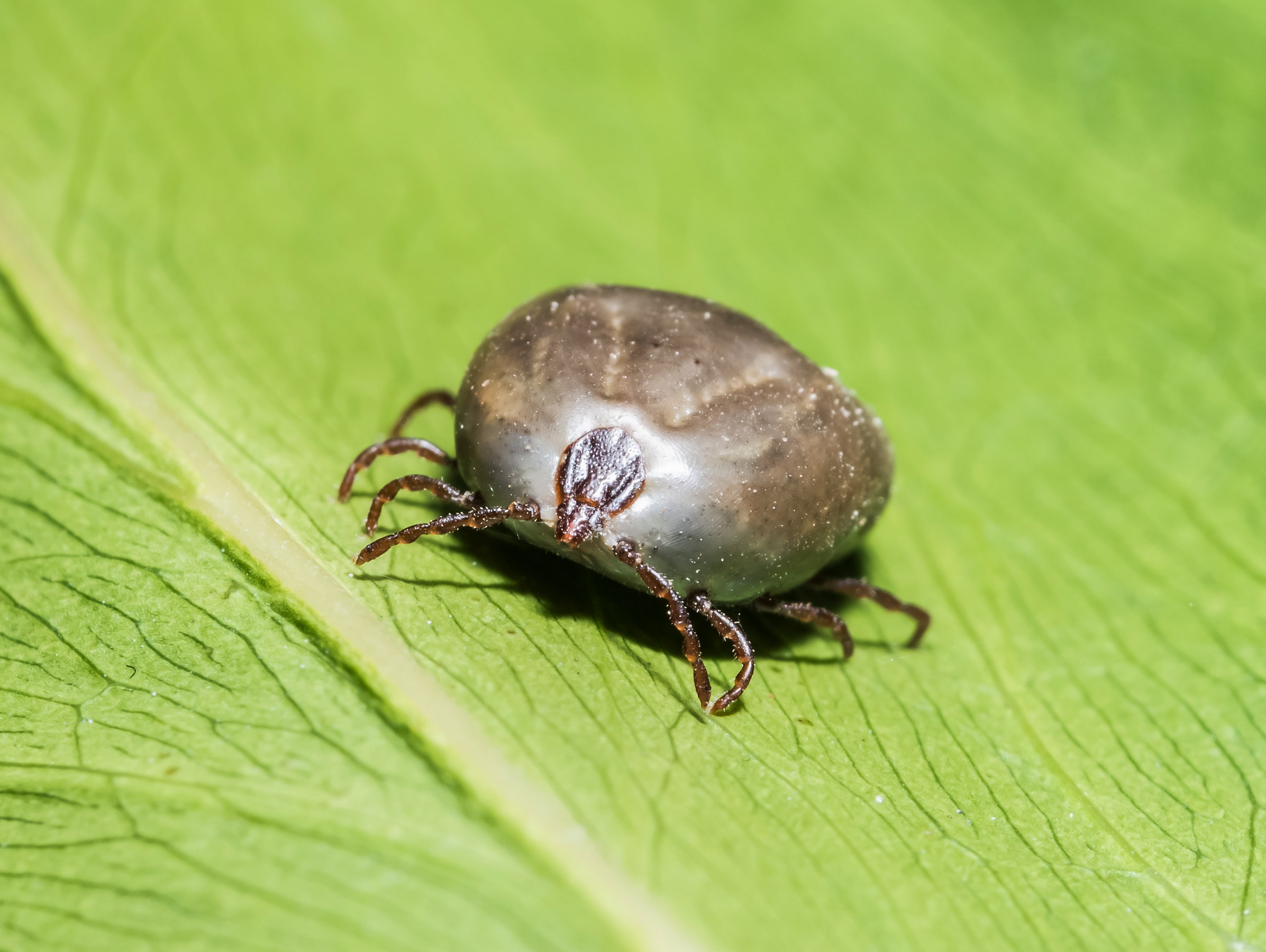By: Steve Bond, BScPhm, RPh, CDE
Tick season is upon us, and a recent report by the Public Health Agency of Canada adds that climate change is increasing the population and spread of the bug. With the increase in tick populations comes the risk and fear of tick-borne diseases such as Lyme disease. Ticks are small insect-like parasites that feed on the blood of animals, including humans. When they feed on animals such as deer mice, squirrels, birds and other small animals, they can pick up bacteria and then pass these bacteria to us. Although ticks can be active throughout much of the year, your risk of Lyme disease is greatest during the summer months when younger ticks are most active.
Currently, there is no vaccine for Lyme disease. LYMERix was discontinued in 2002 due to concerns about lagging sales by the manufacturer. Right now, Pfizer is testing a new vaccine (VLA15) but it is not yet available to the general public and is likely still several years away.
Prompt removal of ticks from your skin will help prevent infection. Using fine-tipped tweezers or a tick removal tool, carefully grasp the tick as close to your skin as possible. Pull it straight out, gently but firmly. Don’t squeeze the tick. Thoroughly cleanse the bite site with rubbing alcohol and/or soap and water.
If you find a tick, and you have removed it, what do you do next? You can take a photo and upload it to the website etick.ca (they also have a phone app). This can help with the identification of what type of tick you have.
If advised, you must seek medical care early. Prophylactic antibiotics have been shown to significantly prevent Lyme disease when taken early. Antibiotics are given if:
- The tick has been attached for more than 36 hours
- It was removed within 72 hours of seeking medical care
- It is a black-legged tick
- The area is at high risk for Lyme disease
Recently, pharmacists have been empowered to provide prophylactic antibiotics. Usually, a single dose of doxycycline is needed and the pharmacist will assess if you meet the criteria. As with any minor ailment, if there are concerns, they will refer you to the appropriate provider for care. Have a great summer, don’t get “ticked” off and take care of yourselves and each other.








